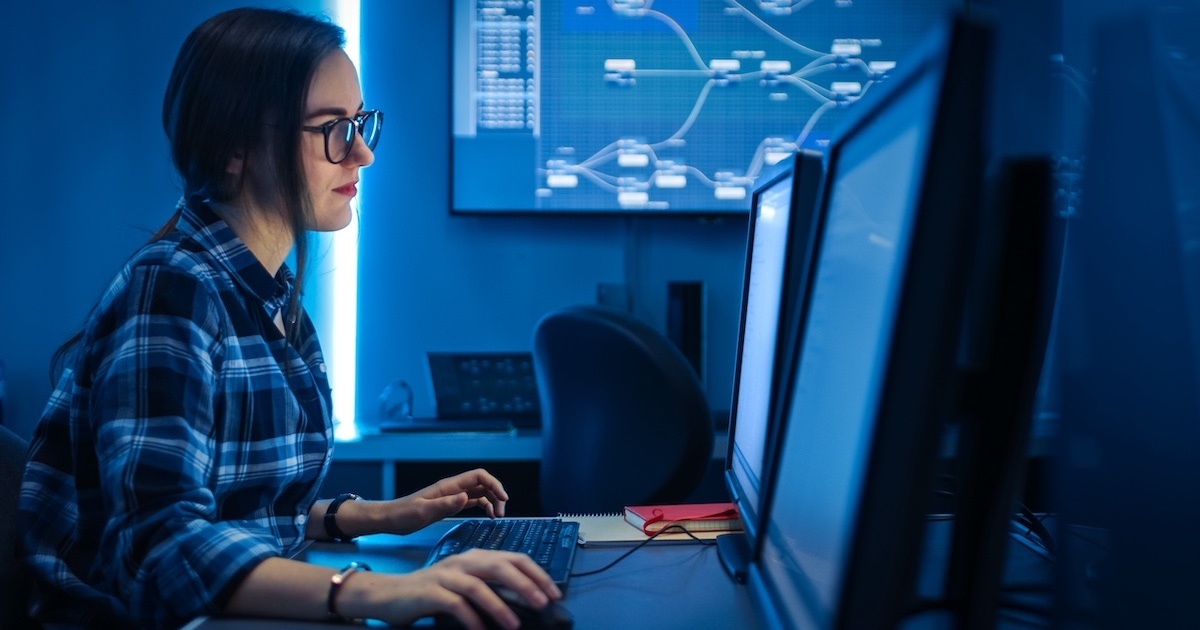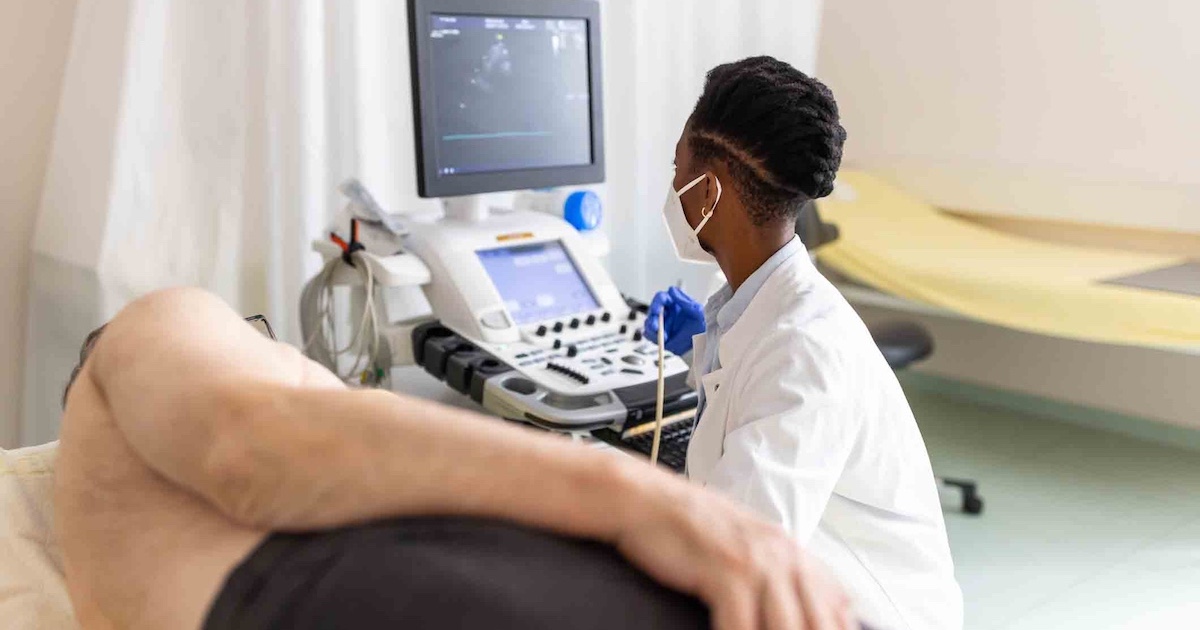mHealth advocates may be complaining that mobile health solutions aren't gaining traction fast enough in the senior market, but there's another party that's working hard to push that agenda – scammers.
New York Attorney General Eric T. Schneiderman issued a press release this week warning elderly New Yorkers of a phone scam launched by "Senior Medical Alert" or "Senior Medical Advisors." According to the release, targeted seniors are being called and advised that they have been approved for medical alert equipment at "no charge," as long as they submit billing information so that the company can set them up for "monitoring" services (at $35 a month).
According to the release, the robo-call warns of a "significant rise in the number of senior citizens suffering death and serious life-threatening injuries from a delay in response times for medical emergencies, fires, burglaries or even a simple fall."
“Unfortunately, the elderly are disproportionately targeted by scam artists and are often the victims of fraud and abuse,” Schneiderman said in his press release. “To prevent senior citizens from becoming victimized, we must educate them and their loved ones with information they can use to protect themselves.”
Schneiderman went on to note that his office conducted an "undercover call," during which a representative of the company provided a bogus address in Orlando, Fla., and claimed that the company was affiliated with UnitedHealth.
The AG's office has traced the scammers to the 315 area code in New York, which covers Syracuse and Utica, and has identified the suspect number as 315-294-5936.
In truth, mHealth companies like Independa, VideoCare and Numera are actively pursuing the senior market with devices and programs designed to link seniors with family members and caregivers. In addition, a couple of companies are partnering with home security companies to combine their services. Earlier this month, Ideal Life announced an integration of its technology with the ADT Corporation, and last year the Virginia-based startup BeClose, which partnered with Alarm.com in 2009, announced a renewed push into the home healthcare market in an effort to replace the "I've fallen and I can't get up" solution with something a bit more substantial.
Executives of these companies would probably agree with the concerns expressed by the New York scammers that stay-at-home seniors are more susceptible to injuries and even death. And at a time when America's baby boomer population is nearing retirement age and looking to live at home rather than a senior housing complex, mHealth certainly holds promise.
In addition, much of the business in this sector is conducted between mHealth companies and payers or provider networks, with very few marketing directly to consumers – and none conducting all of their business over the phone.
So – in New York, at least – if you're looking for a viable mHealth solution for a home-based senior, it's best to make sure that company is real.


